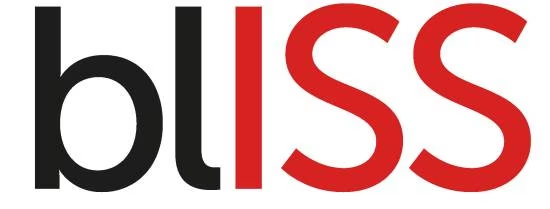By Haris Zargar,
Fieldwork is the most critical, and perhaps, the most demanding component of research, especially in difficult and hazardous contexts such as active conflict zones or nations with authoritarian regimes.
I started my fieldwork in June 2021, at a time when India was slowly recovering from a severe second wave of the COVID-19 pandemic that had also affected the disputed region of Kashmir, where I was undertaking my research on the rise of anti-state socio-political movement in relation to the restructuring of land relations in this restive Himalayan valley. Although the entire region had been put under a strict lockdown – restricting public mobility and access to government offices – I steadily began my fieldwork.
Read the full blogpost: "Addressing threats to scholars on the ground demands proactive measures from Academic institutions: Notes from fieldwork in Kashmir"
- PhD student
- More information
What is BlISS?
Bliss is the blog of the International Institute of Social Studies on global development and social justice. It aims to provide a space where research ideas and findings are brought to the development community in a timely way. With the blog, ISS will address different audiences in policy, practice and the public at large.
Want to receive updates on new posts? Sign up to Bliss today!

